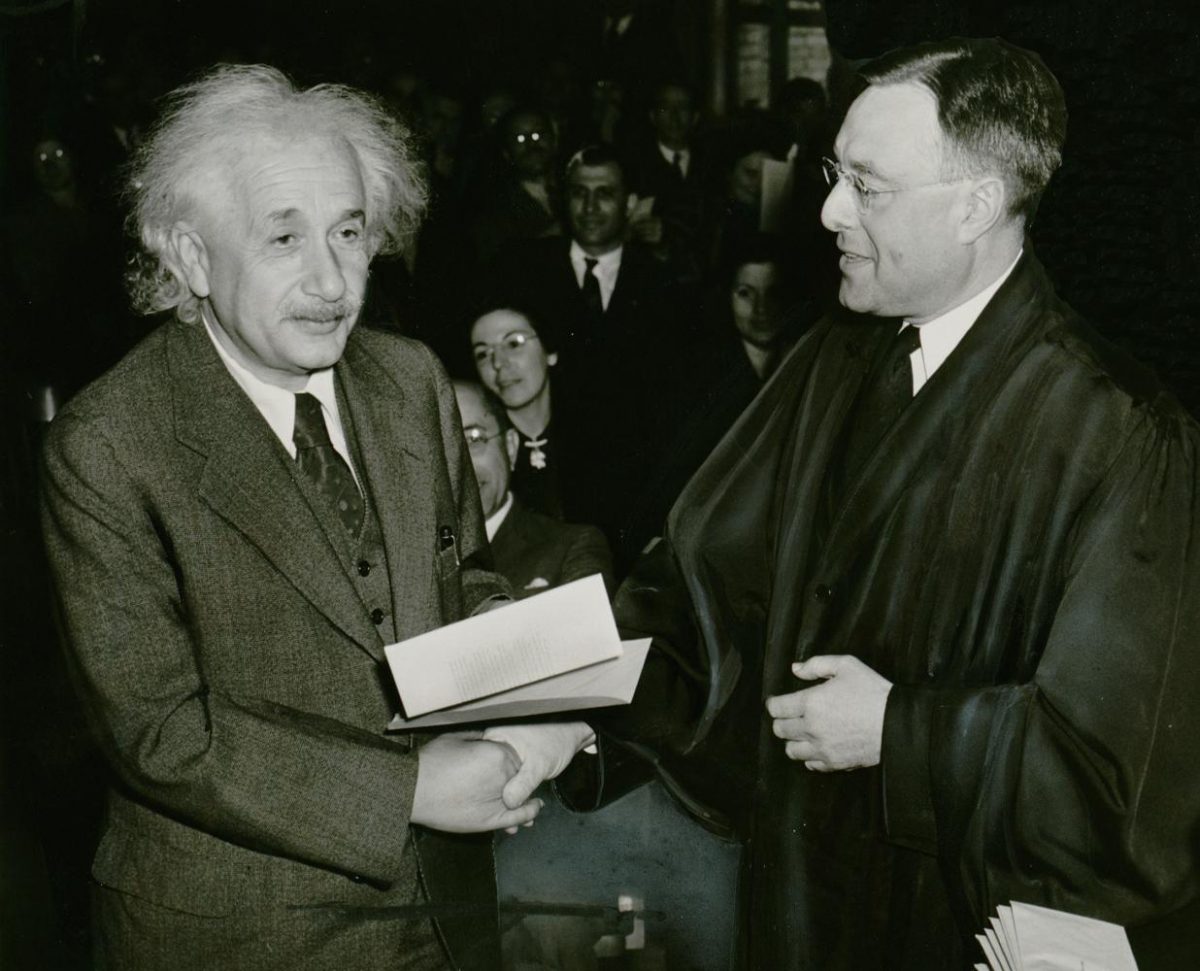Analytical skills do not determine intelligence
Inventors and entrepreneurs like Steve Jobs, while vital to our society, are held in a significantly higher position than teachers or nurses.
Al Aumuller, Library of Congress, Public Domain
Famous scientist Albert Einstein becomes an American Citizen.
50 years ago, we may not have thought of an intelligent person as popular, but with the advancement of scientific discovery, business, and technology in areas relating to specific genres of knowledge and reasoning, ‘intelligence’, as it is currently considered, has become the new fad.
Now, shows of intellect have become akin to a beauty contest. The more it is flaunted, the more it hurts those who feel they don’t have it. The idea of intelligence in general is a bit skewed. The common definition of intelligence, held by Merriam Webster, holds intelligence to be “the ability to learn or understand or deal with new or trying situations.” Compared to our narrow view——mostly consisting of spacial or analytical functions——this is quite broad. It encompasses everything from aeronautics engineering, to interpreting historic art, to overcoming an illness, death, or divorce.
Frankly, domestic issues often require just as, if not more, complex solutions than machinery, chemicals, or businesses; as a whole, humans are largely unreliable in their reactions to stressful stimuli. Similarly, it is absurd that only certain types of thinking are considered ‘intelligent’ when all actions come from the same two-pound structure that is meant to keep the body running. Nothing in the brain is random, and therefore everything has a purpose. Yet, somehow, certain skills have been deemed less important while other executive functions have been held up on a pedestal.
The unreasonable regard placed on executive functions is due in part to a changing idea of success. Money and power have always been strong motivators throughout history and jobs that procure them are held in high esteem. However, recently, certain jobs that were historically considered important and difficult professions have been reduced to some degree of simplicity in the public’s mind. For instance, inventors and entrepreneurs like Steve Jobs, while vital to our society, are held in a significantly higher position than teachers or nurses. All are jobs that require very different, but equally challenging, skill sets, yet the latter are often ignored in society as less desirable occupations. Anyone who doubts the importance of a nurse can try to explain to a child what the tumor inside them is doing to their body and convince them that they have even the slightest reason to hope. They can hold the hand of someone who is going into a surgery knowing they may never wake up. Without nurses, there would be no doctors. Without doctors, there would be much more death and many of our much praised ‘executive thinkers’ would have succumbed to illness and injury long ago. Just because nurses or teachers are not solving the issues of nuclear fusion or exploring space and time, does not mean that the problems they face day to day are any less challenging or important.
In order to overcome these stereotypes of ‘higher intelligence’ it is important to understand that there are innumerate ways to think. The great thing about biodiversity is that it allows us to be different. Society needs diversity of thought to function just as much as ecosystems do. There are so many talents and abilities in this world. It’s far more fruitful to revel in their radiance than to section them off and grade them as if their worth could possibly be measured.





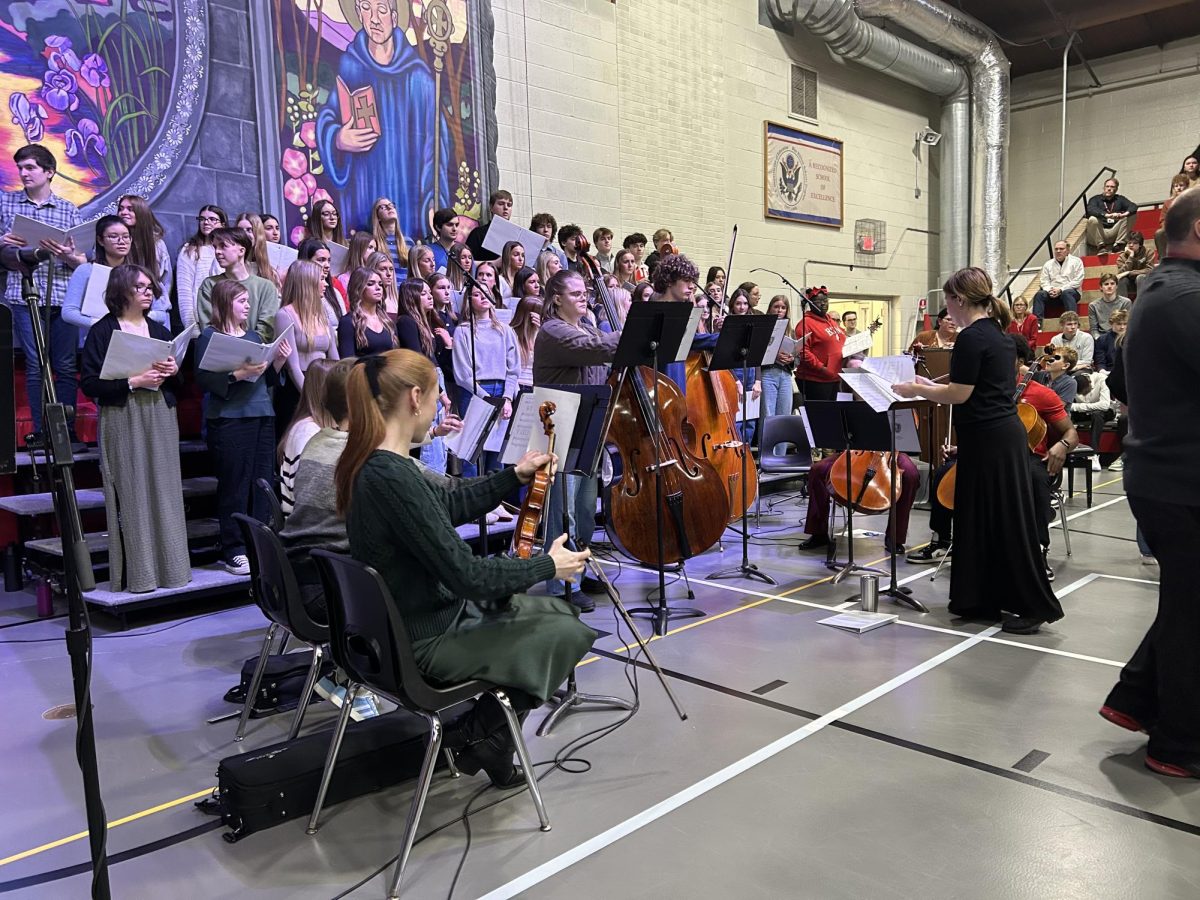
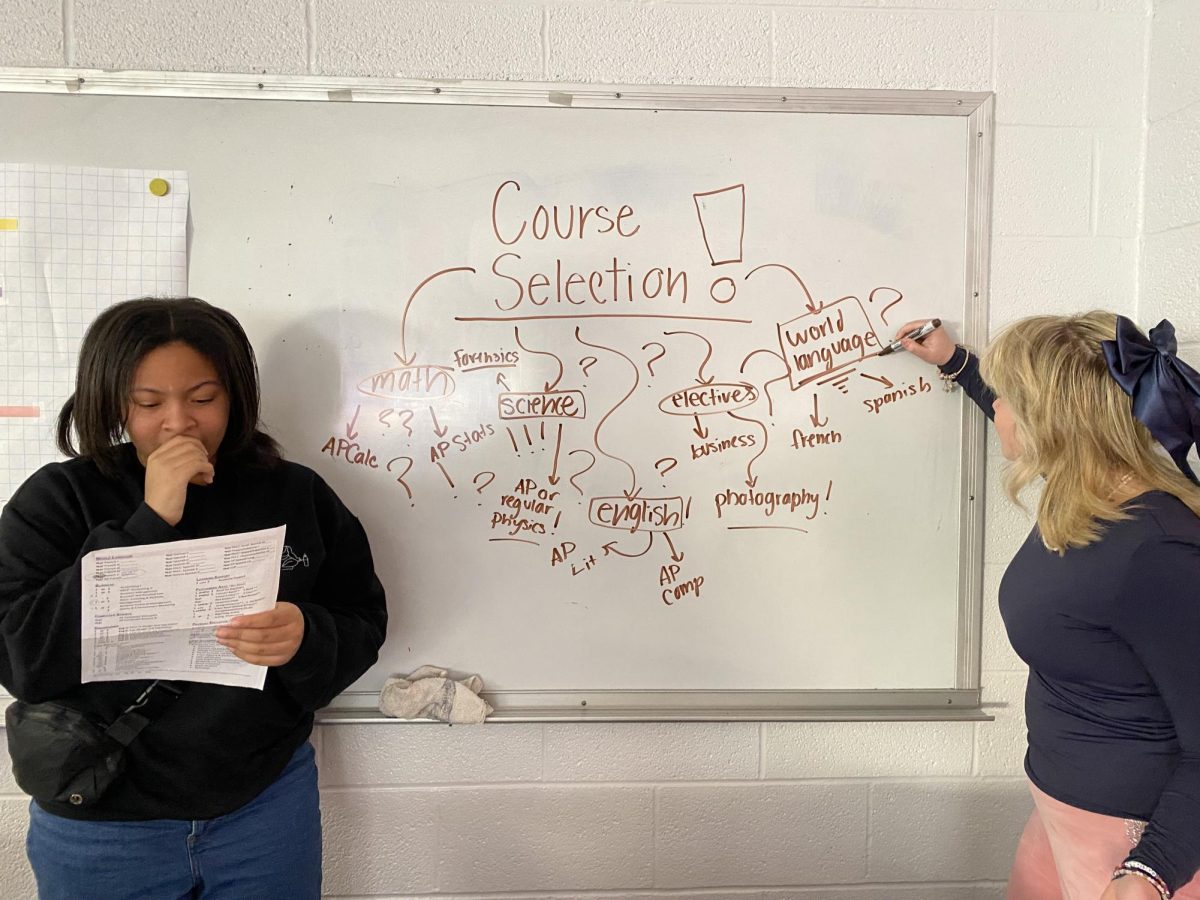
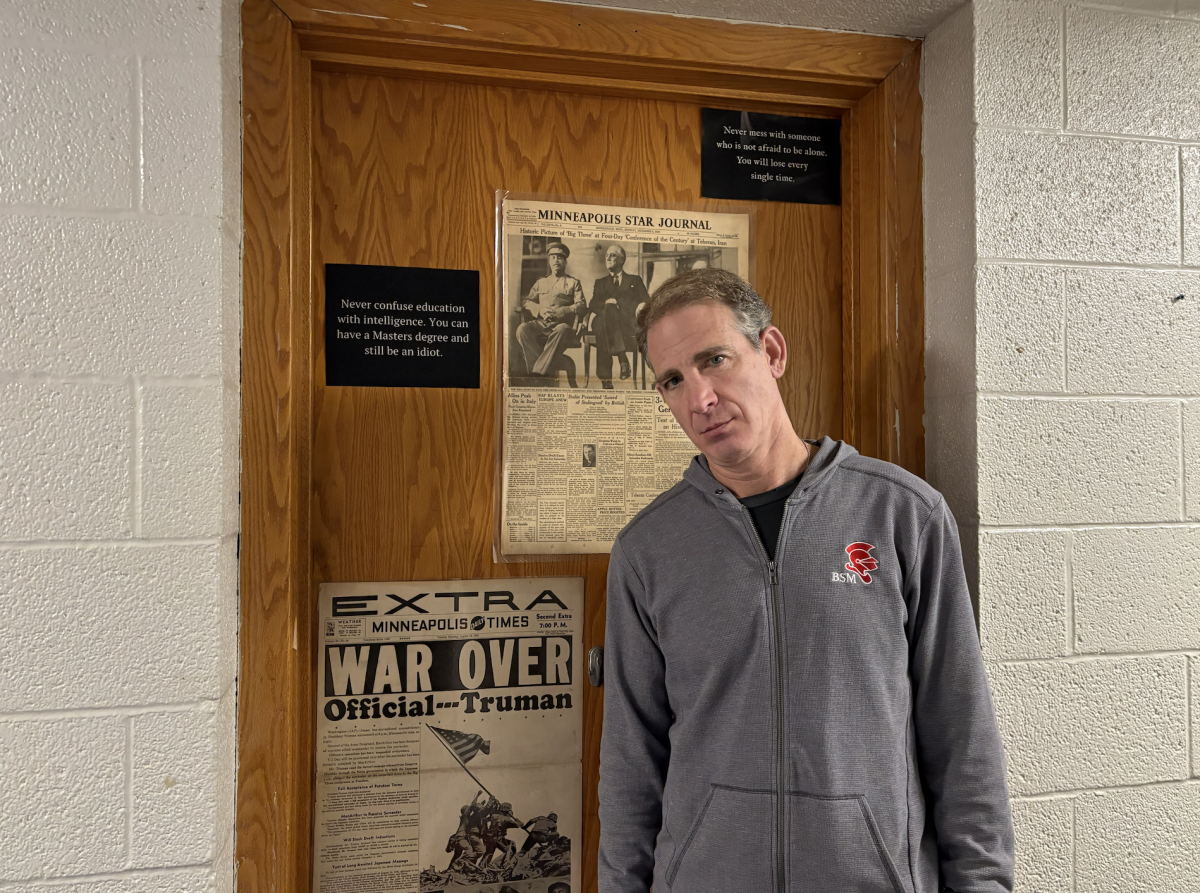

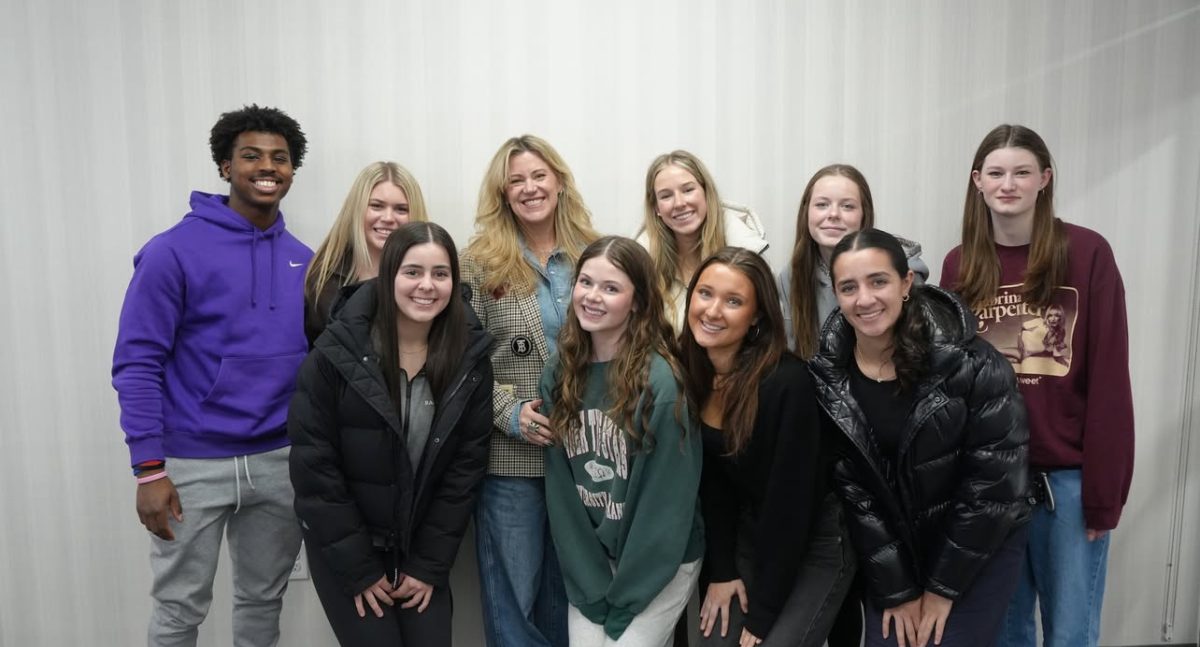





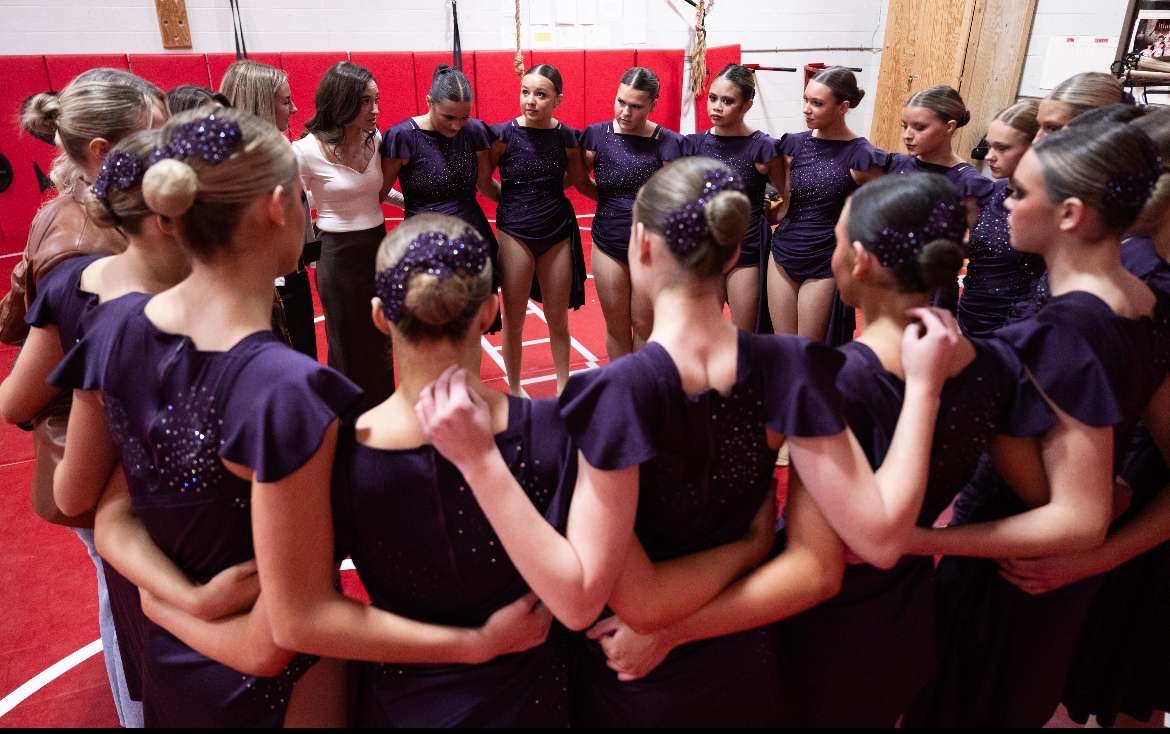





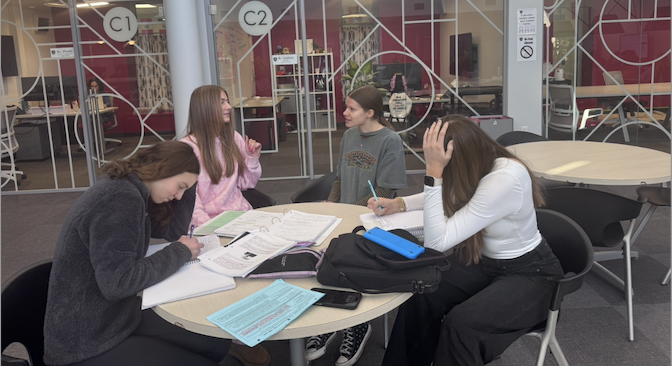
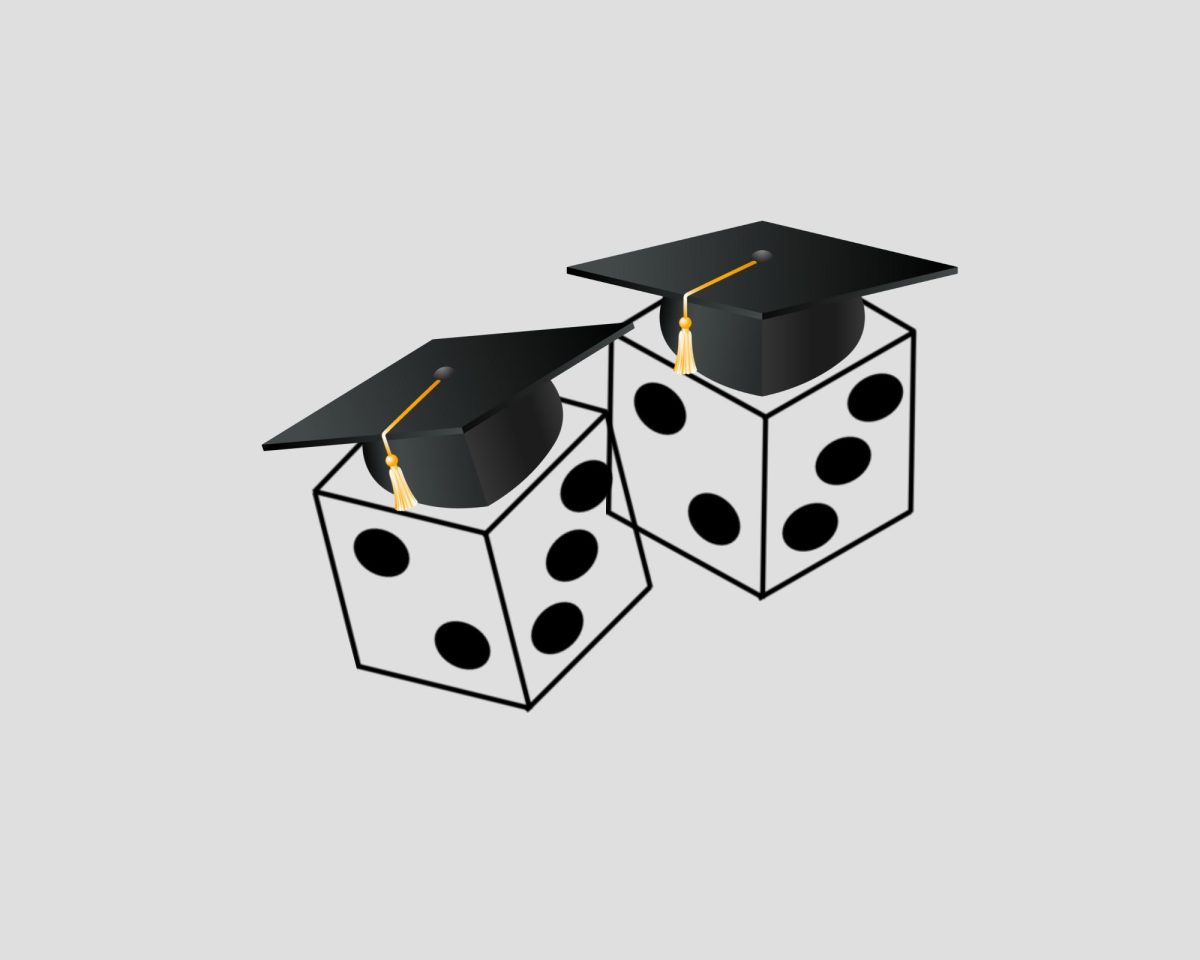


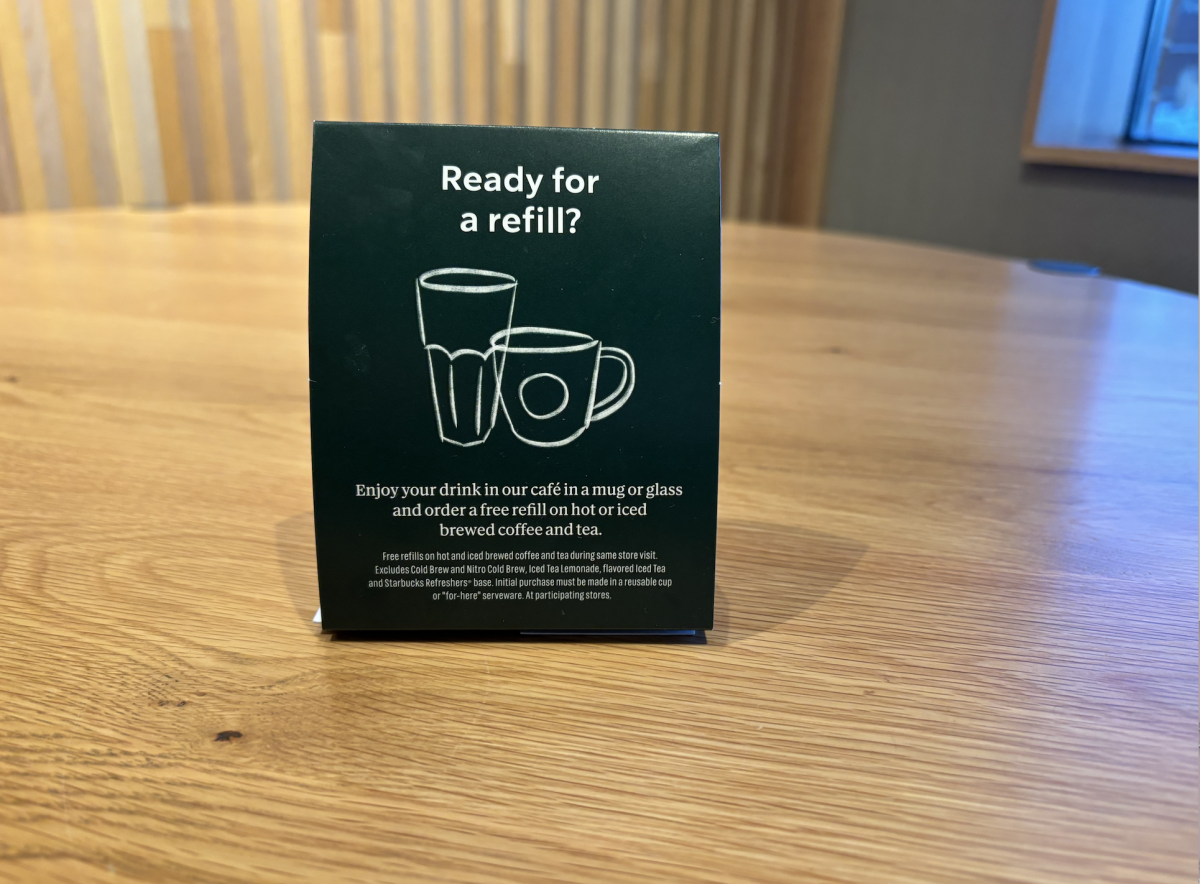



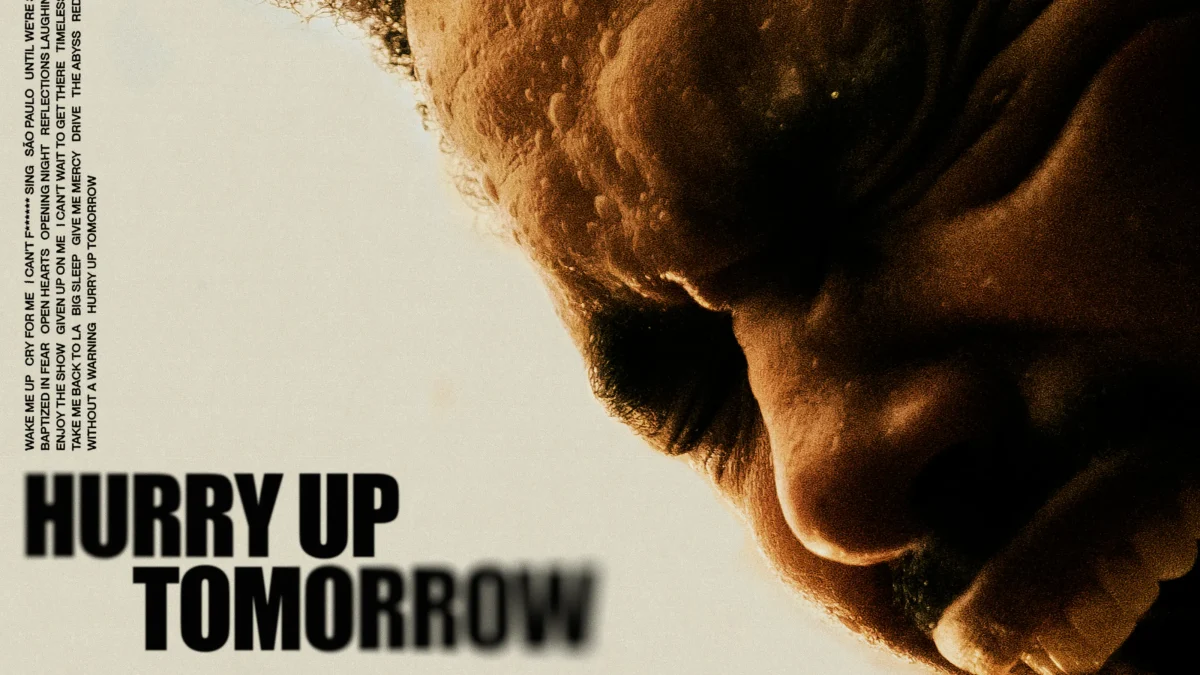






![Teacher Lore: Mr. Henderson [Podcast]](https://bsmknighterrant.org/wp-content/uploads/2025/03/teacherlorelogo-1200x685.png)





